
The Experimentation Field Book
A Step-by-Step Project Guide
Recommendation
Is your new idea for a product or service worth pursuing? To find out, treat your idea like a hypothesis and test it with an experiment. In this concise and practical guide to the experimentation process, a star team of educators and consultants outline the five steps necessary to turn testable ideas into profitable realities. Grounded in the real stories of four organizations, the team explains how to make an idea testable, how to design the actual test, and what to do with the results that follow. Come prepared with an idea to work with, and this field book will guide you toward success.
Summary
About the Authors
Jeanne Liedtka is a management professor at Darden Graduate School of Business who specializes in inclusive strategies and corporate innovation. Elizabeth Chen is an associate professor at UNC Gillings School of Global Public Health who specializes in human-centered design in public health training. David Kester founded the strategic design consultancy DK&A, and the executive training school Design Thinkers Academy London. Natalie Foley is a team leader at the start-up social enterprise Opportunity@Work, and was the former CEO of the consulting firm Peer Insight.








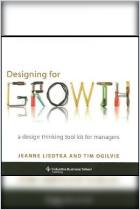
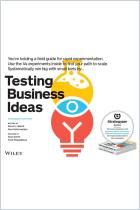
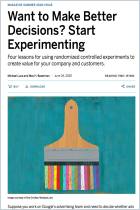
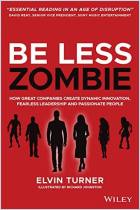
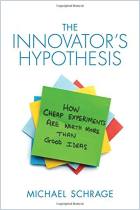
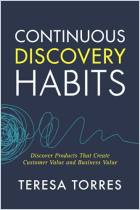
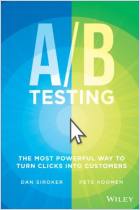





Comment on this summary or Iniciar a Discussão